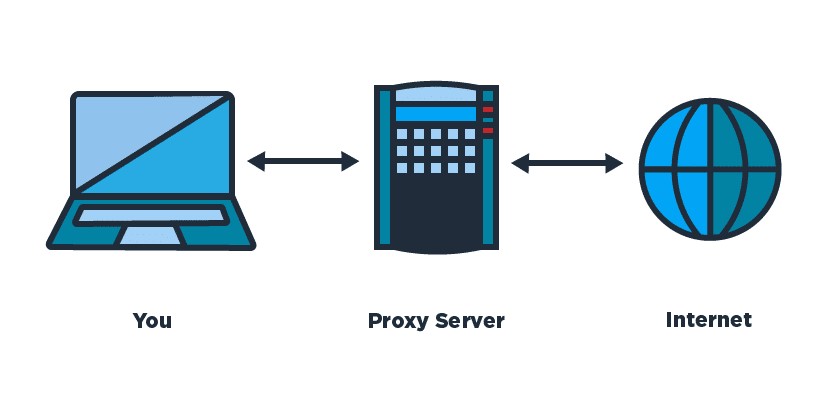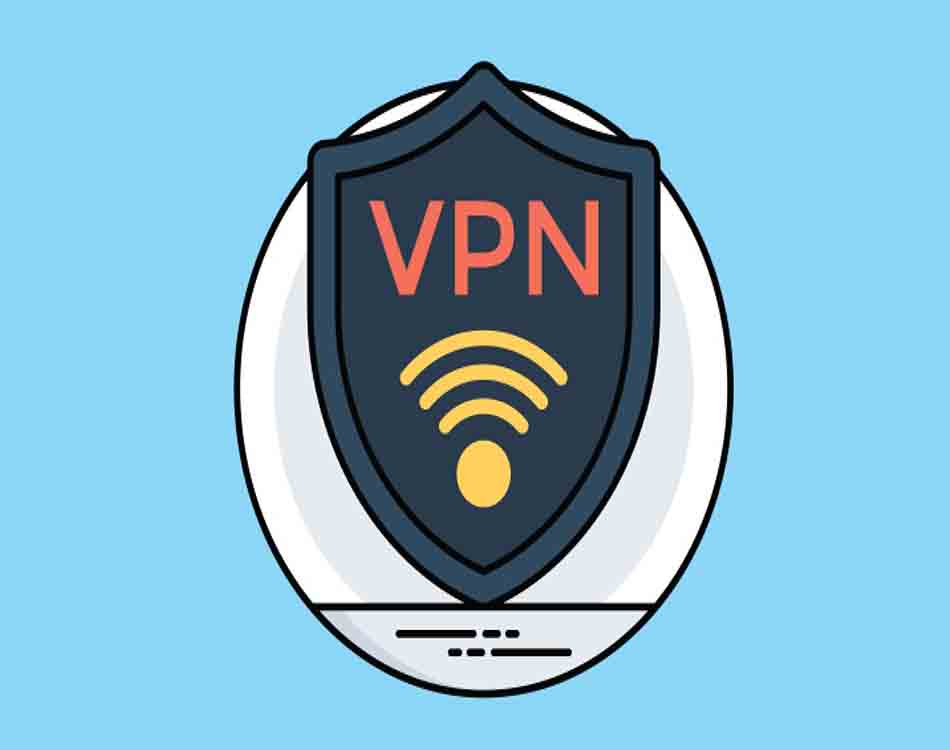Proxy and VPN share some similarities, which can offer you privacy protection and allow you to access geo-restricted content. Hence, proxy vs VPN, which one to pick? To make a correct decision, you need to know the difference between proxy and VPN. For that, MiniTool helps.
Both proxy and VPN enable you to access the Internet anonymously by hiding your IP, but the way they use is different. Besides, there are some other aspects on the difference between proxy and VPN. What are they?
You need to obtain an overall understanding of both the proxy and VPN at first. Now, let’s explore them.
What Is Proxy
The proxy allows you to connect to a remote computer. In fact, a proxy server acts like a middleman between the website that you are visiting and your device. When you browse a website, the proxy server will hide your original IP address so that the website will not see your true address.

-image from medium.com
The proxy server has 3 primary types. They are HTTP proxies, SOCKS proxies and Transparent proxies.
-image from blogs.com
The VPN (Virtual Private Network) hides your IP address when you visit a website. By doing so, it looks like that you are accessing the Internet from a different location. After installing the VPN app to your device and connecting to the VPN, it will encrypt your data and sends via a safe channel to a remote server.
What is VPN
You may also like this: What Is SSH (Secure Shell) & How Does It Work
Now, we will discuss proxy vs VPN on the aspect of traffic encryption, workplace, functions, reliability, speed and cost. In this way, you will have a further understanding of the difference between proxy and VPN.
Proxy vs VPN: Traffic Encryption
The first difference between VPN and proxy is the traffic encryption. Actually, VPNs can encrypt your traffic, while proxy servers cannot. The VPN service can prevent you from ISP tracking, government surveillance and hackers. On the contrary, proxy will not offer you such advantages.
Proxy vs VPN: Workplace
In general, VPNs work on the operating system level and can reroute all your traffic. Differently, proxies work on the application level and only reroute the traffic of a certain application or browser. In a word, proxy has more limits on workplace.
Top recommendation: The Details of ISCSI (Internet Small Computer System Interface)
Proxy vs VPN: Functions
The function is also one important difference between proxy and VPN. What are the specific functions of the 2 items? Now, let’s discuss them in details.
Both the proxy and VPN can bypass Firewalls, geoblocks and censorship. But the VPN can also protect your data, anonymize your activity and speed up your connection. In a nutshell, VPN has more functions than proxy. So, proxy server vs VPN on function, VPN wins.
Proxy vs VPN: Reliability
VPN vs proxy, which one is more reliable? For networks, reliability is vital because an unreliable network will make you confused. According to user report, the VPN connection is more reliable than a proxy connection. This is because that the proxy server connections can drop frequently.
Proxy vs VPN: Speed
Since VPNs needs to encrypt your data, it is slower than proxy. For this, you can take some measures to speed up VPN connection. For instance, you can change another VPN server, change VPN protocols, change VPN encryption level, etc.
If you want to get more ideas on speeding up VPN connection, you can refer to this full guide.
Proxy vs VPN: Cost
As there are some limits on free VPN services and risks of leaking data, you usually need to pay for the VPNs. Differently, many proxy servers will not charge you any money.
VPN vs proxy: which one to select? Now, you can make your own decision.



User Comments :